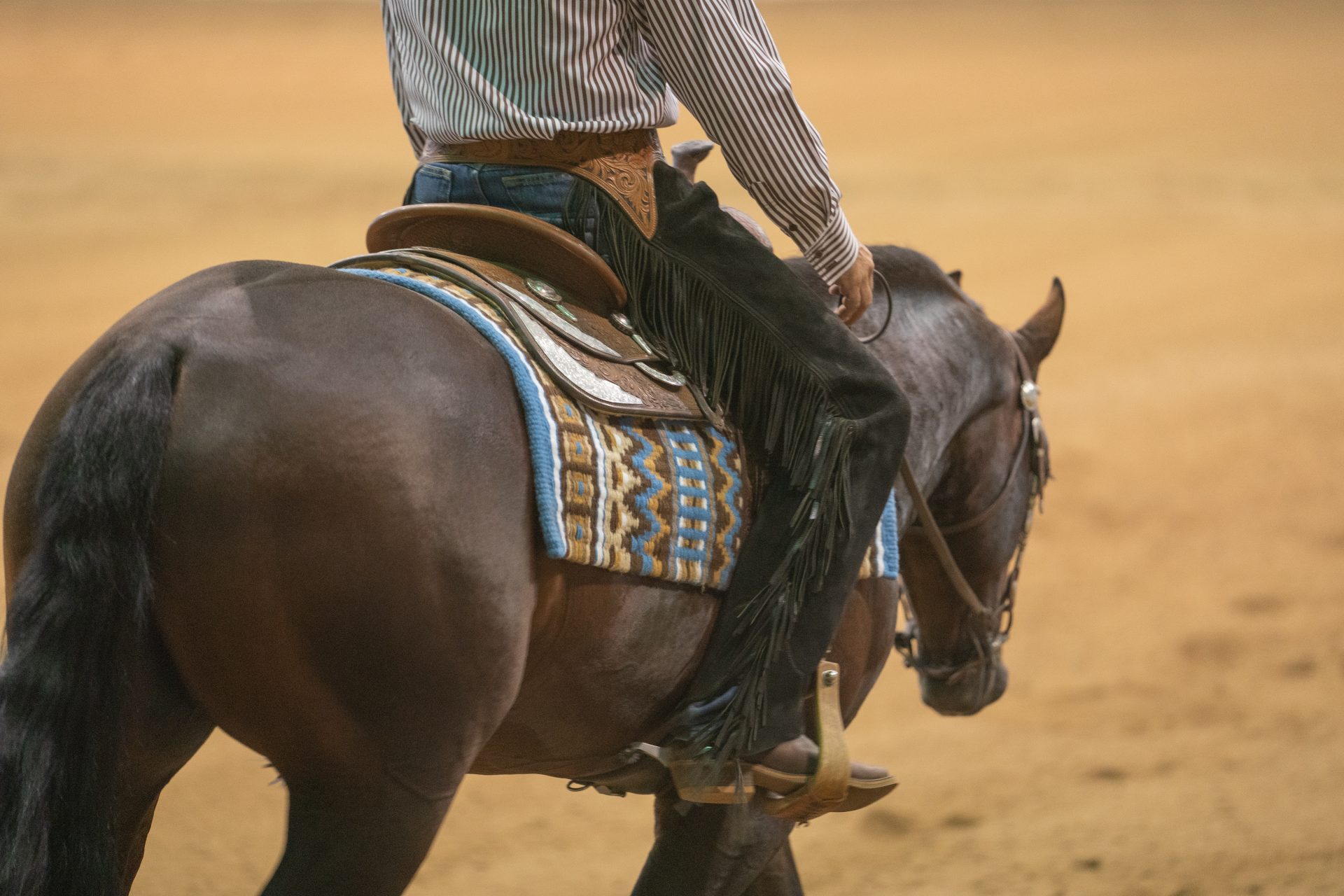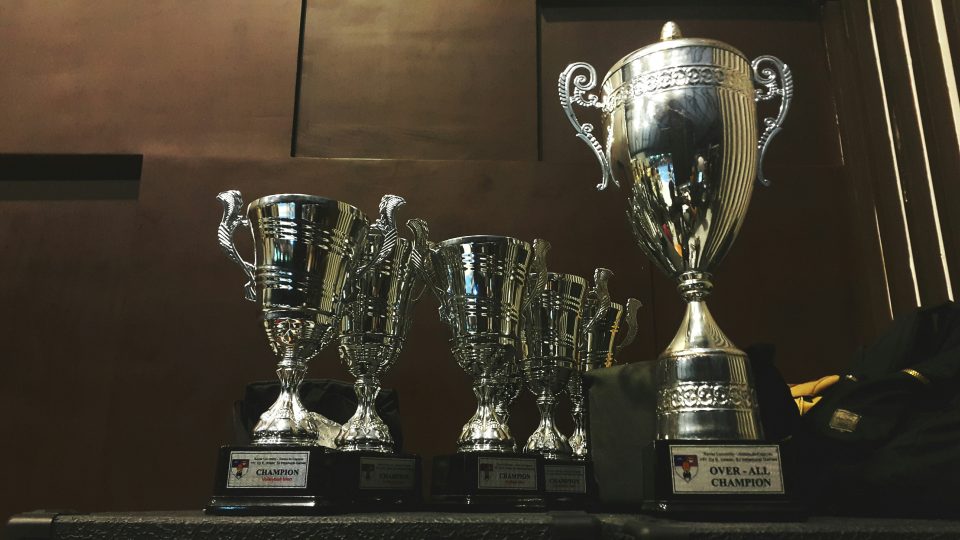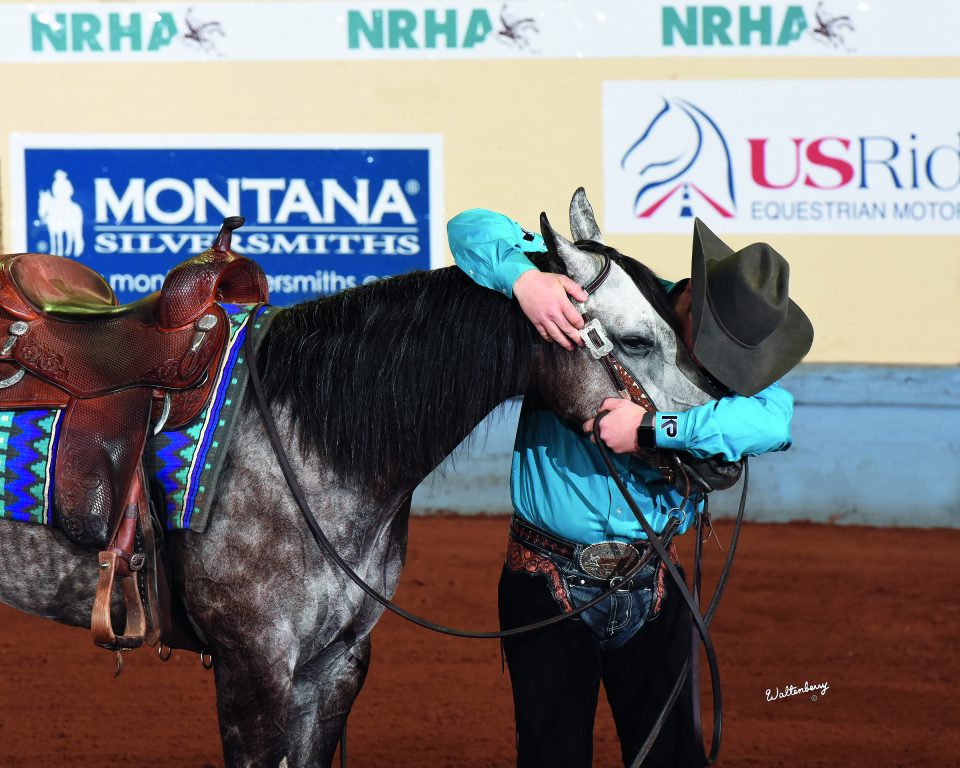When faced with voice recorders and cameras, it can be tough to get the words out right. But it’s critical to show respect for your horse and the sport of reining every time you’re in the media spotlight.
By Jennifer Paulson

You did it! You won a major or large event. The hard work, time, and effort have paid off, and you and your horse are in the spotlight being showered with applause and awards. After the win photo comes the interviews—voice recorders pop up all around you, cameras focus on you, and the microphone is front and center. It’s an easy time to get wrapped up in the adrenaline and say whatever comes to your mind first. But when you’re in the limelight, carefully choosing your words can make a world of difference for your career, your business, your horse, and your sport.
With fall’s championship season upon us, from the High Roller Reining Classic to the All American Quarter Horse Congress to the NRHA Futurity and Adequan® North American Affiliate Championships, these next few months host some of the biggest stages reining finds itself on throughout the year, all around the world. This also means media will be present and excited to talk to you about your horse, the training process that got you there, and how your horse performed—including any possible pitfalls, unexpected problems, and health issues that could’ve kept you out of the winner’s circle.
Read through these tips to prepare for when you’re under pressure to answer tough questions from the media. Thinking ahead can mean the difference in highlighting your program and the sport and seeing opportunities disappear right in front of your eyes.
Part 2: Do Some Prep & Remember As Much As You Can
Do Some Prep & Remember As Much As You Can
You wouldn’t think about showing a horse without preparing. So, it’s probably a good idea to plan some time to prepare how you’ll handle an interview. Ask your spouse, partner, or associate to pepper you with questions about your horses as you get closer to showing. You can also use the opportunity to speak with your horses’ owners about their horses as preparation for interviews. You might be surprised at the level of comfort it provides having already worked some of the kinks out of your storytelling.
After a big win, it can be tough to remember all the places a horse has been, everything he’s accomplished, and how far he’s come. But by providing the interviewer with as much background information as possible, you open the door to tell more stories about the horse, his lineage, and those who trained him along the way. For example, if you know who started the horse, give that professional credit. If you know the horse is from a stud or mare’s first crop, share that information.Veterinarians, farriers, and other care providers can also play key roles, and it can be important for your relationships to acknowledge their work in media interviews.
Talk about your runs in detail. A simple, “He was really good today,” might be easiest for you, but it doesn’t give the media professional much to work with. If something about your run surprised you, share that. Maybe the horse’s turns were even better than expected, or perhaps he improved a maneuver from the preliminary run. The person interviewing you can tell the story in much greater detail and share so much more about your horse and your performance if you’re able to feed them the information and give your perspective.
Read the rest of this article at the links above.



